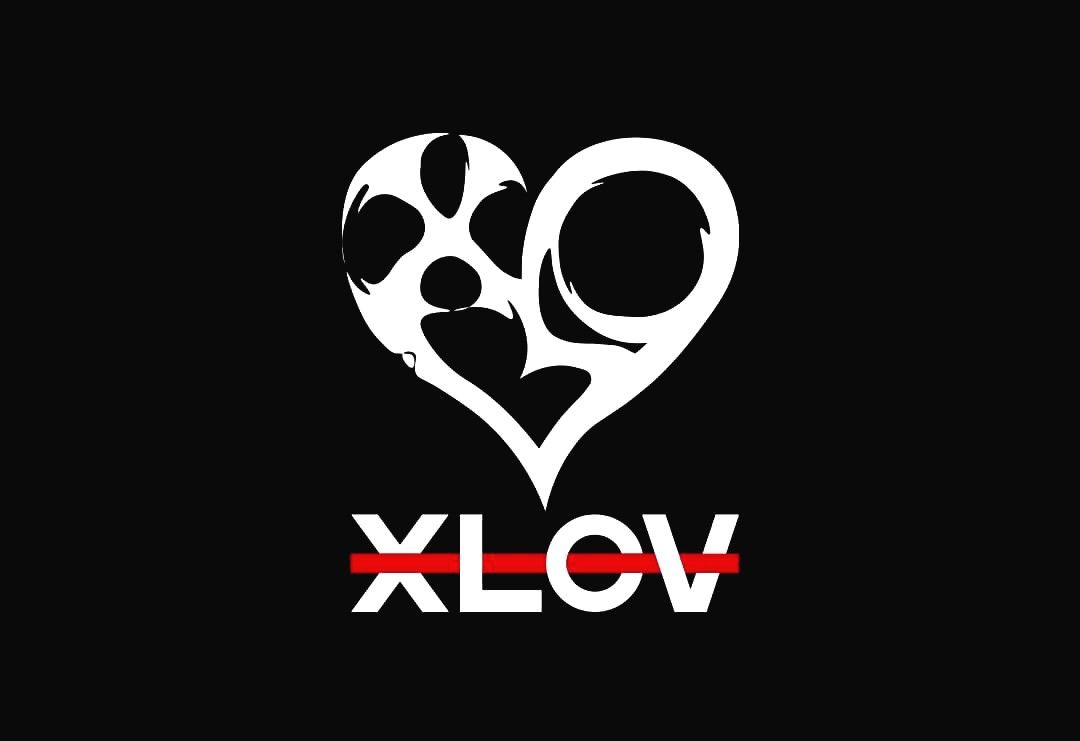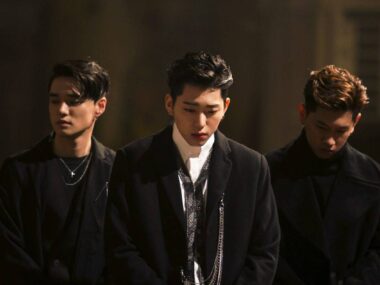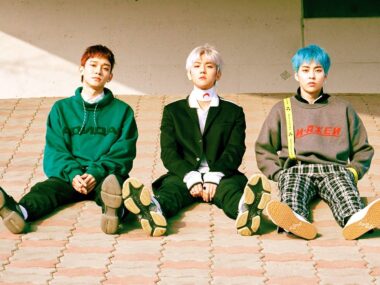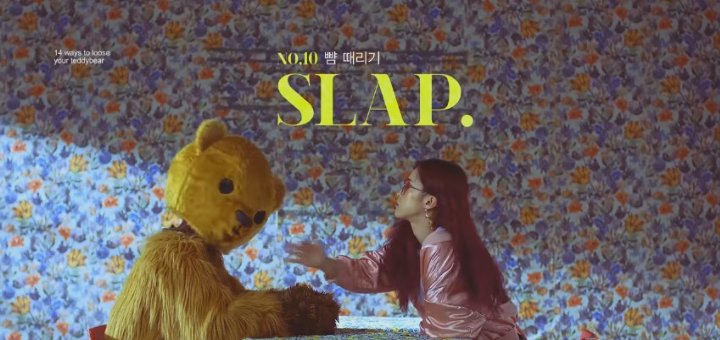The Meaning Behind the Red Line
After I finished my article about XLOV’s agency 257 Entertainment something came to me. The logo for the group has a red line over their name. What does that red line mean?
Some fans believe it symbolizes XLOV’s desire to break free from traditional conventions. Others see it as a reference to the red thread of fate. They view it as a metaphor for the bond between XLOV and their fans, EVOL (LOVE spelled backward). What if the meaning isn’t so sweet? What if that red line isn’t a symbol of connection, but a boundary?
Could it be that 257 was bold enough to hint that XLOV’s genderless concept was just that? A concept and nothing more? A marketing tactic to help their group stand out in an oversaturated industry. Maybe the red line is a visual cue that while the agency is willing to borrow from the LGBTQ+ community, don’t expect any genuine solidarity. Apparently it’s a line 257 Entertainment won’t cross.
The Manufactured Illusion of K-Pop
The one thing I want people to keep in mind that K-pop is an illusion. Every idol’s image is the result of deliberate choices made by stylists, producers, and executives.
Let’s look at ALLDAY PROJECT’s Tarrzan. His braids, his sagging pants. It’s all a part of the hip-hop aesthetic THEBLACKLABEL is selling. Any criticism people have over Tarrzan’s image should redirect their rage to Teddy Park and his team. Tarrzan is simply playing the role he was given.
This is an industry that thrives on calculated presentation. One that shapes identity into something that’s aspirational.
Authenticity as Performance
I don’t want to say that every idol is “fake.” Some have expressed the desire to show their true selves. Even if their public persona consists of real personality traits, we’re still getting an exaggerated or one-dimensional version of our bias.
Authenticity in K-pop is just another performance. Something that’s packaged then sold under the illusion of sincerity. Fans might get glimpses of the real person behind the idol, but those moments are still filtered through the lens of what’s marketable.
The Fantasy We Choose to Believe
Authenticity is not something you’re going to find in K-pop. At least, not right now. Maybe one day the industry will evolve to allow idols to be more transparent, more human.
If you’re expecting idols to always show their unfiltered, genuine selves, this is not the genre for you. K-pop is performance art. It’s a world where fantasy sells, where illusion is part of the deal.
Maybe one day the industry will evolve to allow idols to be more transparent, more human. For now, K-pop is performance art. A world where fantasy sells, and illusion is part of the deal. This is something you need to accept and be comfortable with. If you’re looking for a distraction filled with good music, amazing live performances, larger-than-life storytelling, then K-pop is perfect for you.






